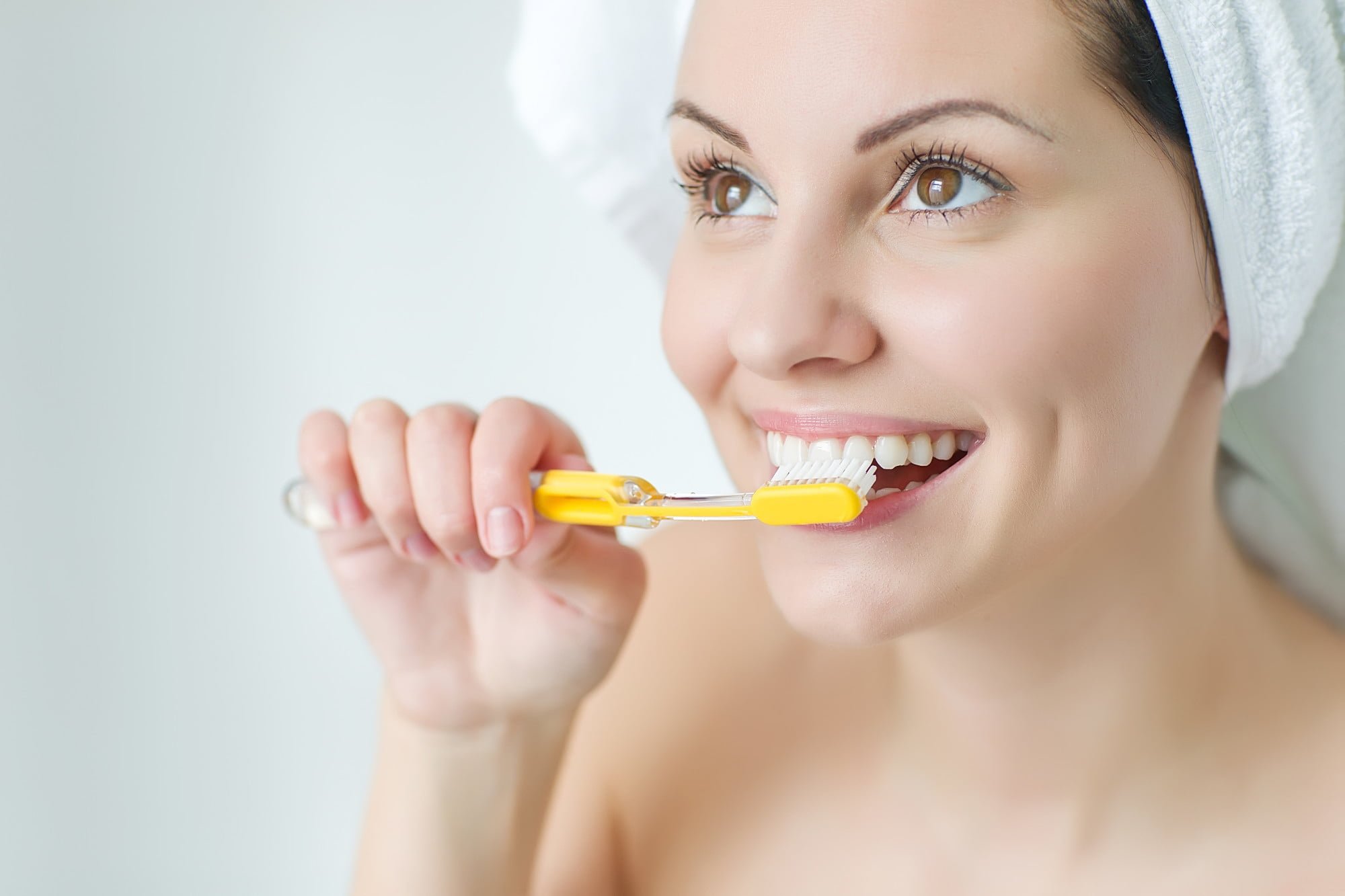It is estimated that more than a quarter of adults in the US have untreated tooth decay. This can cause a range of problems, including bad breath, severe pain, and bleeding gums. So how do you avoid this unpleasant situation?
One way is with robust oral hygiene, though many people do not know where to begin. Read on as we give our seven essential dental care tips.
1. Watch What You Eat and When
We all know that sugary foods are bad for your teeth but they can sometimes be hard to resist. If you just can’t say no, then at least try to select the right time of day to eat them.
Sugars cause your saliva to become more acidic, which is not good for enamel in the teeth. The bacteria in your mouth will start to create plaque in this environment. Cavities and gum disease are often the results.
There are some ways to avoid this. You can rinse your mouth with water after eating. Some foods like cheese or nuts can help reduce acid levels, so you may decide to finish your meal by eating them.
Be aware that sugars can also come from unexpected sources. Many fruits are bad for your teeth, though they are healthy in other ways. Even health products like protein shakes or some medications can be filled with sugar.
2. Brush Regularly and Gently
Brushing twice a day is the most essential of dental care tips. Yet many people do not know that if you don’t have the right technique, your brushing may not be working at all.
Start working the brush in small circular motions. Make sure the back, top, and sides of each tooth get cleaned, avoiding any back and forth moments. A full clean should take around three minutes.
When a hard bristled brush works in a back and forth movement or the brushing is too vigorous, it can cause damage. The enamel on the tooth can wear and the gums may tear. This can lead to gum erosion and damage to the enamel.
3. Floss Once a Day
You should floss at least once a day to remove any lodged in food. Ideally, this should be done before bed as part of a nighttime routine. If you only decide to brush, small bits of food will be left in between the teeth to decay.
Others avoid flossing because it makes their gums bleed. This usually only happens for the first few days. Start gently, moving the floss up and down along the whole tooth.
4. See a Dentist Before Problems Occur
It can be very tempting to put the dentist off until problems occur. Even if you look after your oral health, you should still schedule regular checkups.
The dentist will screen for early signs of tooth decay, gum disease, and oral cancers. While you may worry about the cost, these problems will be much more if you notice them too late.
You should have a dental check-up every six months. During this, you will also get your teeth cleaned. This will remove any plaque, and tartar build-up while making your teeth look bright and white.
A dentist can also help restore the cosmetic appearance of your teeth if you have had previous problems. Smile Design Experts can be found at this link and will be happy to discuss any questions you may have.
5. Drink Water
Staying hydrated is good for the overall health of your entire body. The best dentist will also advise you to do this for the sake of your teeth. When you have enough water in your system, it helps a steady flow of saliva.
When you have enough saliva, it helps move food through your mouth. It also stops the dry mouth feeling you get when you are not hydrated.
Water should also be your main source of fluid. Sweet and sugary drinks will result in a higher risk of cavities, particularly if they are drunk regularly or the teeth are not cleaned afterward.
If you want to keep your teeth looking bright, you should also avoid drinks that are rich in tannins and cause stains. These include coffee, tea, and red wine. It is recommended that only one cup of sugar-free tea or coffee and very small volumes of sugary drinks are acceptable.
6. Use a Mouthwash for Added Dental Care
Using a mouthwash should never replace brushing or flossing. However, the right one can be an effective aid in combating oral diseases and plaque buildup.
Mouthwashes that contain chlorhexidine are extremely effective. This is an anti-bacterial substance that staves off unwanted guests. Even ones that contain essential oils have been known to improve the health of the mouth.
Speak with your dentist to see what they advise. Stronger mouthwashes should be used sparingly, so wait to see what is recommended.
7. Give Up Smoking
If you smoke and are having oral health problems, it adds to the many reasons you should give up. Not only is it a leading cause of cancer, including oral cancers, but it also results in many other problems in the mouth. These include tooth staining, gum disease, and loss of teeth.
Smoking also impacts the ability of tissues in the body to heal. If you do smoke and have a problem, then you may have a much longer healing period after a major dental procedure.
Finding the Best Dentist
Now you know these dental care tips, set up a routine. Invest in a great toothbrush, floss and mouthwash then get in the habit of spending time on oral hygiene. Adjust your diet and visit a dentist regularly.
This article is one of many to help you stay healthy. From fitness to oral hygiene, check back regularly so we can keep you fit in the coming year.









